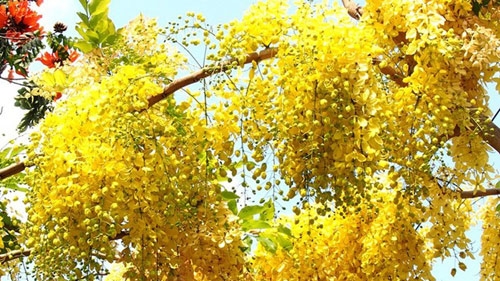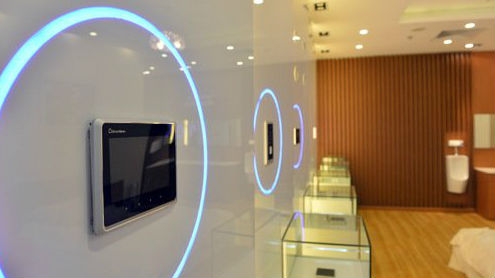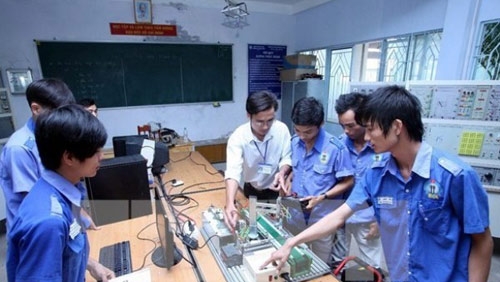
Vietnamnet
2147 newsArticles by author

Positions of three major Vietnamese banks after mergers
How will the position of the three state commercial joint stock banks in Vietnam - Vietinbank, Vietcombank, BIDV - change after their mergers?

USAID launches wildlife crime tech challenge in Vietnam
The US Agency for International Development (USAID) has launched the Wildlife Crime Tech Challenge to reward innovative science and technology solutions that help combat wildlife trafficking in Vietnam.

Iconic works of HCM City of the past 40 years
The Phu My Hung urban area, Tan Thuan Export Processing Zone, and Nhieu Loc - Thi Nghe canal are three of six major new symbols of Ho Chi Minh City that have been built in the past 40 years, the Vietnam Record Organization announced recently.

Back to nature at Bidoup Nui Ba park
A morning, we visited Bidoup Nui Ba National Park in Dalat City, one of the five largest national parks of Vietnam.

The most famous hotel in Saigon in pictures
Opened in 1957, the Caravelle Hotel was the first high-rise luxury hotel in Saigon, which welcomed dozens of international celebrities and contributed to the city’s nickname as the "Pearl of the Far East".

Bkav-style marketing "explosions"
In recent years, Bkav has made shocking statements, from the desire to become "Vietnam’s Microsoft", "Bkav is the best anti-virus software in the world", “going ahead of Microsoft, Google, and Samsung for a decade" and most recently its declaration of manufacturing the smartphone that is better than iPhone 6.

Vietnam considers joining big exporters to stop coffee price slide
The Ministry of Agriculture and Rural Development (MARD) said it is considering cooperating with the world’s coffee metropolises to halt the drop in coffee prices, because “inner strength” alone will not help.

Will foreign manufacturers stop production in Vietnam?
Foreign manufacturers have said they are considering either leaving Vietnam for other regional countries which have a more competitive investment environment, or stopping their production activities in Vietnam. However, many Vietnamese don’t believe they will do it.

Vingroup to develop Phu Quoc int’l passenger seaport
The Phu Quoc Tourism Investment and Development JSC, a subsidiary of Vingroup – Vietnam’s leading property developer - has been selected by Kien Giang Province as the developer of the Phu Quoc international passenger seaport.

The three-horn buffalo in Ben Tre
A three-horn buffalo was introduced at Ben Tre Coconut Festival 2015, which closed on April 14 in the southern province of Ben Tre.
